Becoming a Fulbrighter means entering into a diverse community of accomplished individuals
Fulbright alumni have achieved distinction in government, science, the arts, business, philanthropy, education and athletics
Get involved
There are many ways to stay involved with the Fulbright community after your grant has ended, please explore the options below. Have a new idea for the alumni network? Contact us.
- Alumni mailing list – let us know if you would like to be added to the alumni mailing list to receive regular email updates with Commission news and information, event invitations, and other initiatives.
- Fulbrighter – Fulbrighter is the first exclusive online connection tool and app for the global Fulbright community. Connect with other Fulbrighters around the globe, access jobs and professional opportunities, find exclusive Fulbright events in your area, and more. Download Fulbrighter by visiting the website and download the app via Google Play or the Apple store.
- Events – The Commission and Fulbright alumni host regular events, which are often listed on the Fulbrighter App, Alumni Bulletin, or get in touch with your local Alumni Council member to be involved in events regionally.
- Alumni Council – The mission of the US-UK Fulbright Alumni Council is to build, sustain and serve the alumni network. Council members take an active role in planning and delivering the overall programme of activities for alumni. They are expected to be involved in local activities, attend quarterly meetings by teleconference, as well as one planning day per year within the UK. The Council strives to maintain regional balance across England, Wales, Scotland and Northern Ireland. Elections are held each year in April. If you are interested in participating, please send us your name and location and we will contact you before the next election cycle with further details.
Other ways to get involved
- Reading Panels – Each grant application we receive is read by three individuals, and alumni involvement on our Reading Panels is crucial to the process. Readers are asked to review, evaluate, and return no more than 15 applications in three weeks.
- Alumni Panels – Share your Fulbright experience with new Fulbrighters or those interested in US study by sitting on an Alumni Panel. The Commission puts on several panels throughout the year.
- Fulbright Association – The Fulbright Association represents all US-based alumni and advocates for the programme in the US government. If you are located in the US, reach out and join your local Fulbright Association chapter!
And please do share your story! We're always keen to hear what you're getting up to and to share your news and accomplishments with our fellow Fulbright community, so get in touch at alumni@fulbright.org.uk.
Alumni events
In March 2022, we headed to the University of Edinburgh to host 'Transforming Lives: The Fulbright Scotland Story' which celebrated the impact international exchange between the US and Scotland, its influence on advancing global research, and putting diversity, equity and inclusion at the heart of educational excellence.
Our speakers included Professor Jason Leitch, Scotland’s National Clinical Director of Healthcare Quality and Strategy, Executive Director of the US-UK Fulbright Commission, Maria Balinska, Jack Hillmeyer, Consul General, U.S. Consulate General Edinburgh and many more game-changing leaders and alumni. Catch up on the highlights below.
Our Across the Pond public webinar series brings together two Fulbright Scholars from either side of the Atlantic to discuss the intersection of their interests.
Transatlantic conversations between our scholars address global challenges of all natures, and are a celebration of the civic engagement at the heart of the Commission's work.
Scary Science: Responsible Public Engagement within Scientific Research
'Scary Science' explores the communication and ethical responsibilities of researchers working on the cutting edges of their fields. Our event speakers, Thomas Baker and Tony Sorial, both work in fields that generate "scary" headlines: from the ever-increasing power sophistication of computers, to the editing of the human genome.
Disease Detectives: Tracking the Covid-19 pandemic
'Disease Detectives' examines some of the different ways in which we can track and model infectious diseases such as Covid-19. While the contributions of medical sciences to the pandemic are widely reported, the involvement of researchers from other disciplines are less commonly discussed. Over the last 18 months, Mathematical Biologist, Alex Best, and Engineer, Caitlyn Butler, both worked on efforts to model and track the spread of Covid-19 infection.
Tackling Trauma
Tackling Trauma explores the consequences of physical and psychological trauma in modern society. Neurologist Lucia Li, and clinical child psychologist, Heather Taussig, see trauma regularly in their work as practitioners in the field. In this event they discuss their observations and learnings.
In June of 2019, we hosted our inaugural TEDxFulbright event: TEDxFulbrightGlasgow, a day of engaging and thought-provoking talks from Fulbright grantees and alumni, on the theme 'Avenue of Hope'.
Held at the University of Strathclyde, Glasgow on 25 June 2019, the talks were given in front of a live audience, you can catch up below.
Bright streams of consciousness | Karen McCarthy Woolf
Poetry can be transformative, recording the personal and political, the intimate and universal. In this touching and personal talk, Karen McCarthy Woolf recounts how she used poetry to process and memorialise the loss of her son in childbirth. This loss spurred McCarthy Woolf to seek comfort on the water, which led McCarthy Woolf to examine the themes of mourning and loss around larger societal issues such as climate catastrophe, which she explores through poetry in her talk.
Serendipity: creativity through happy accidents | Sarah Rose Graber
Often in creative processes there is a moment when we are surprised by an accidental discovery which allows things to click differently than anticipated. In these moments, happy accidents can lead to surprising and innovative developments. Sarah Rose Graber discusses how serendipity has shaped her work as a theatre artist and how we can invite serendipity into our own lives.
Dignity at the end of life: caring for our caregivers | Christian Goodwin
Most of us will spend time in a nursing home during our life, as a caregiver, a visitor, or as a resident ourselves. Yet many people fear nursing homes more than death. Christian Goodwin explores how we can improve nursing home experience and outcome by improving conditions for nursing home staff. Taking lessons from Walt Disney World, Goodwin demonstrates how job crafting adds value and dignity to our caregivers, which in turn gives value and dignity to the end of life.
How to turn competitors into collaborators | Erica Ollmann Saphire
How do you convince 44 competing labs to share research, data and lab samples? Erica Ollmann Saphire did just that in 2012 when she founded an international, multidisciplinary research consortium against the Ebola virus. Flash forward to the Ebola epidemic of 2014 and their research was put to the test in real time. Ollmann Saphire recounts how the consortium set a precedent for international scientific collaboration, while preserving personal interests and intellectual property.
Who you should hire, fire & promote | Stephen Frost
Think of your 'in-group'- your closest friends, family and loved ones. How diverse are they? Stephen Frost demonstrates the value of a diverse in-group, and how a lack of diversity can cause real world problems. Frost challenges us to truly examine our workplaces and think carefully who we choose to hire, fire and promote.
I am sorry Dave, I can’t do that | Mark Hickey
In the worlds of academia and tech, many believe that computers may one day be able to replace the human mind, with technology becoming so advanced a computer would be indistinguishable from a human mind. But will computers replace us all? Mark Hickey argues that computers aren't as smart as we think, and explores recent research and experiments which suggest AI won't kill us all.
The dam dilemma: how to balance hydropower, rivers & people | Jessie Moravek
Hydropower is a renewable resource, but that does not make it sustainable. Jessie Moravek examines the downsides to river hydropower, including declining fish populations, poor water quality and damaged ecosystems. But hydropower can be made sustainable, and Moravek explains how. Advocating for conservation and rivers can ensure that our hydropower is not just renewable, but sustainable for generations to come.
Schools without classrooms | George Greenbury
Cavemen didn't teach their children how to hunt mammoths in a classroom, so why are classrooms necessary to education today? George Greenbury explores the future of education and ways we can use online education to address global educational inequalities. Adapting online education to be more engaging and social ensures a future where online learning can provide high quality education for all.
Stroke: the loss and recovery of familiarity | Mark Ware
Familiarity may sometimes breed contempt, but it can also lead to empathy and greater understanding. In this talk, Mark Ware argues that we are hard-wired to seek familiarity.
Since 2015 Mark has developed a series of art/science collaborations that have investigated how the natural environment can have a positive impact on wellbeing and health. Mark is the founder and CEO of The Wavelength Project, a charity that further investigates how exposure to the natural environment can be of health benefit to the public, including for those who find access to nature difficult due to disability, or because of socio-economic circumstances.
-
Alumni Council members
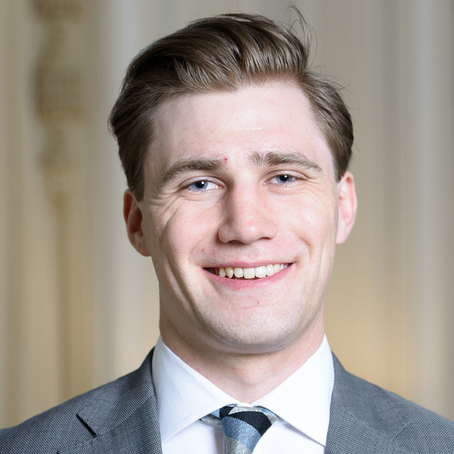
George Greenbury
AC Chair
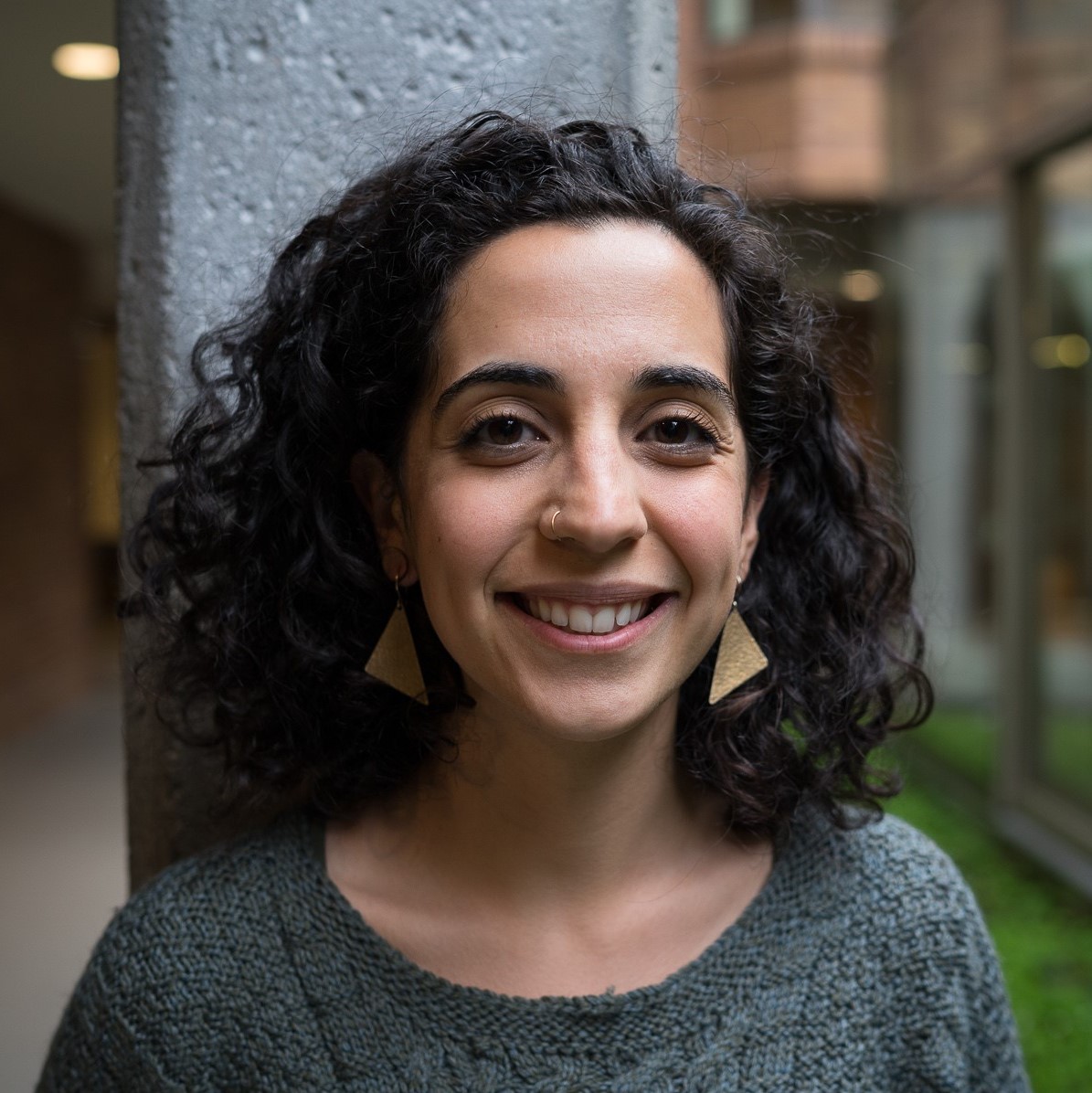
Natasha Hessami
AC Member
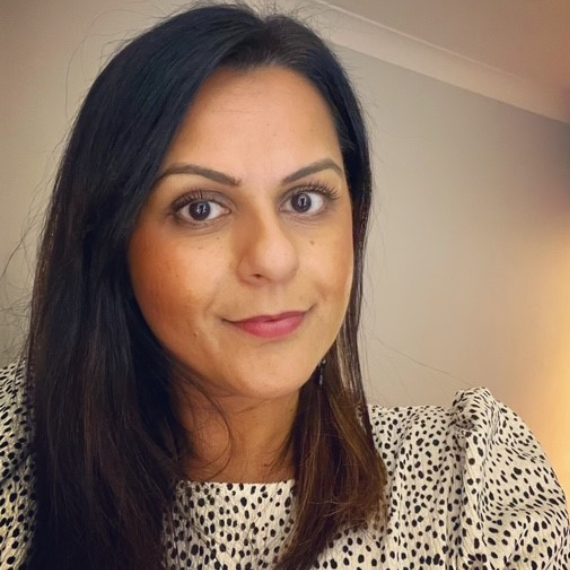
Aneela Khalil-Khan
AC member
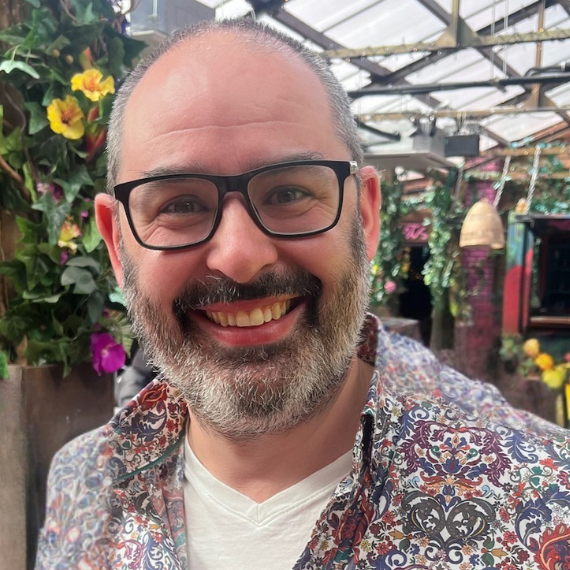
Rob Lawson
AC member
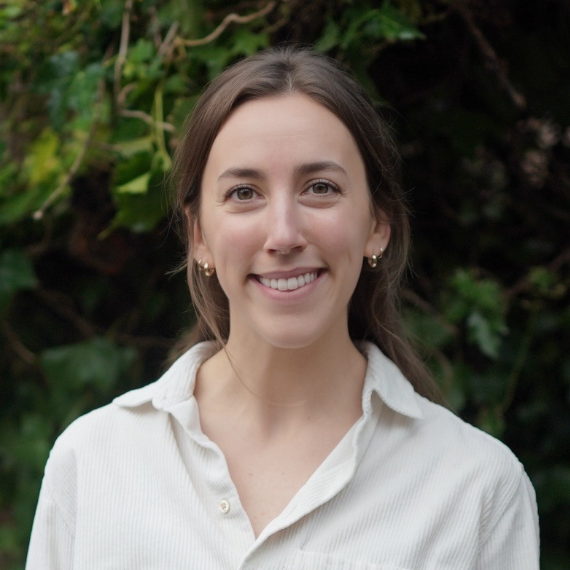
Libby Lyon
AC member

Portia Owusu
AC member
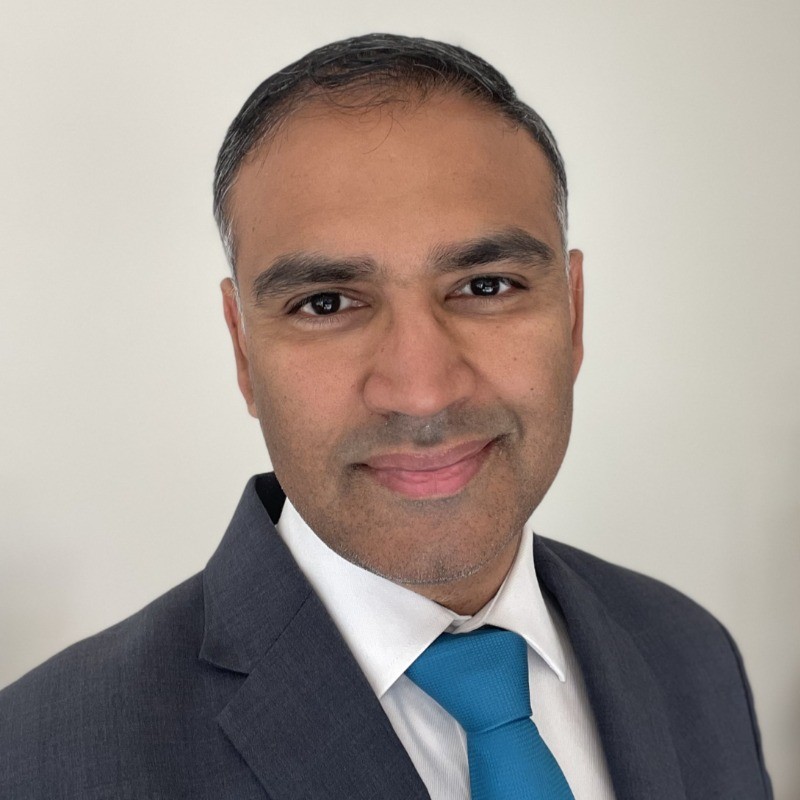
Harsh Pershad
AC member
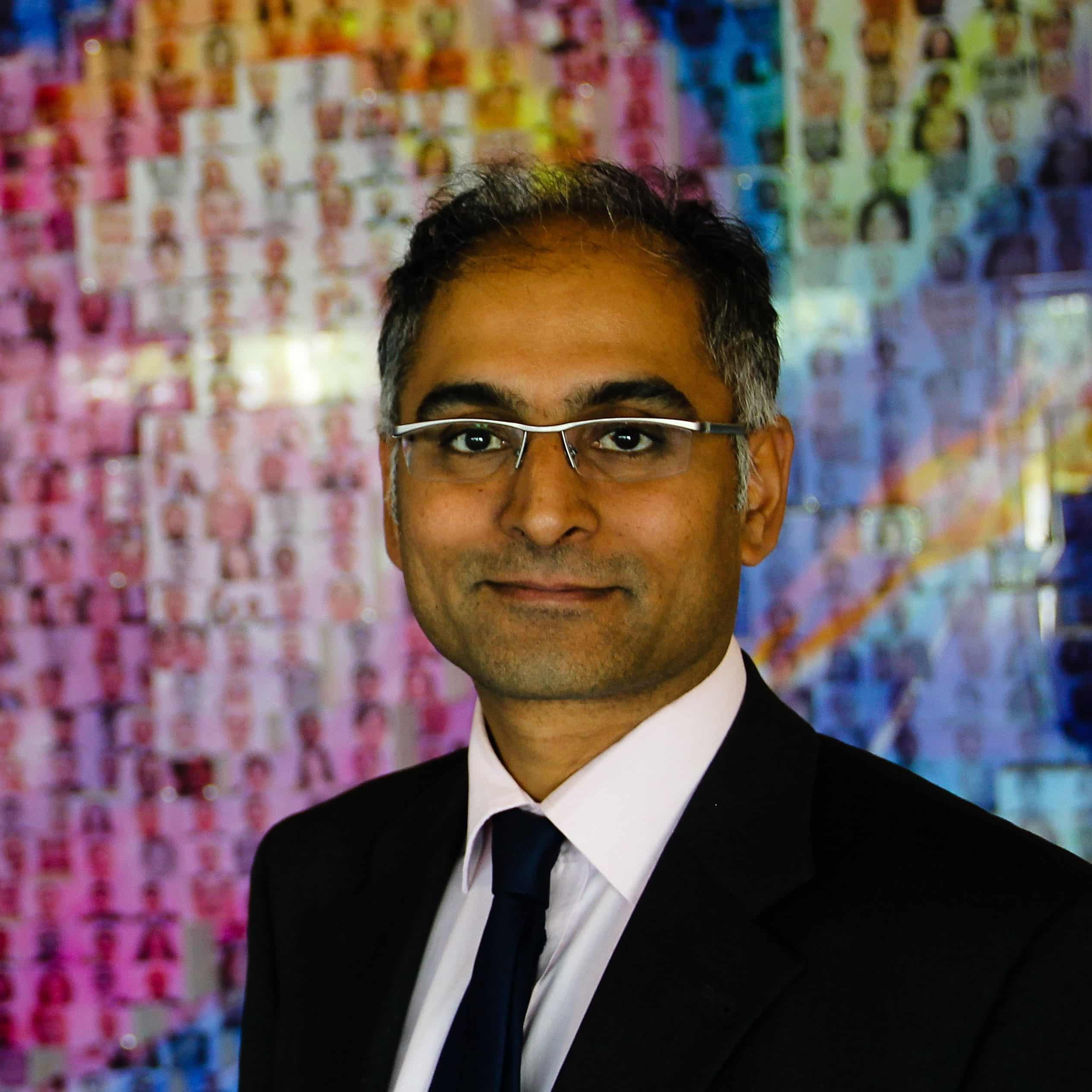
Sanjay Prasad
AC member
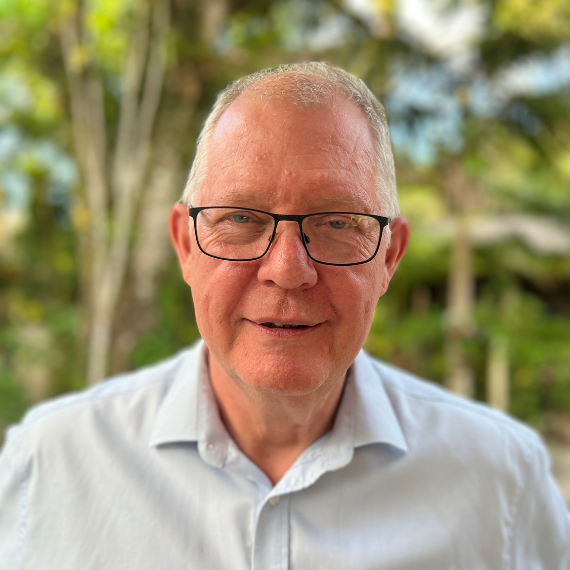
John Robinson
AC member
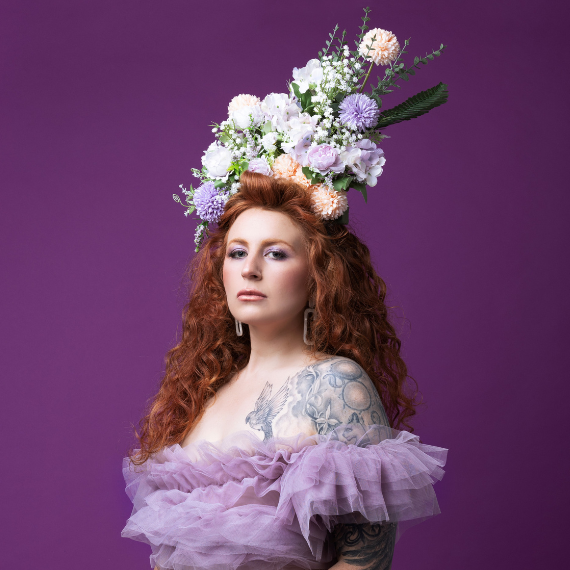
Raegan Sealy
AC member
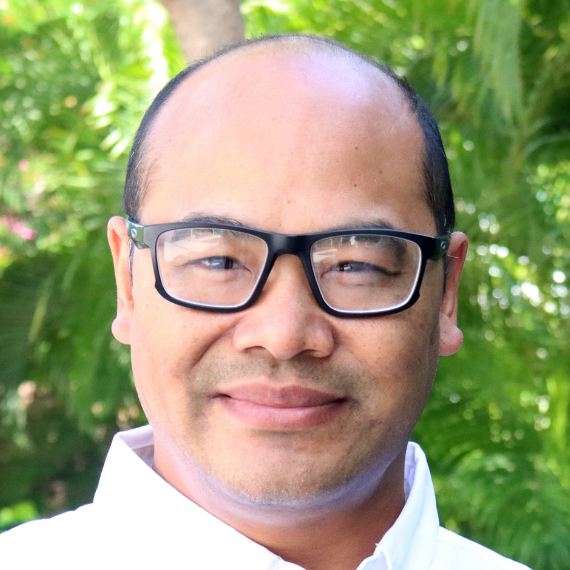
Nat Segaren
AC member
